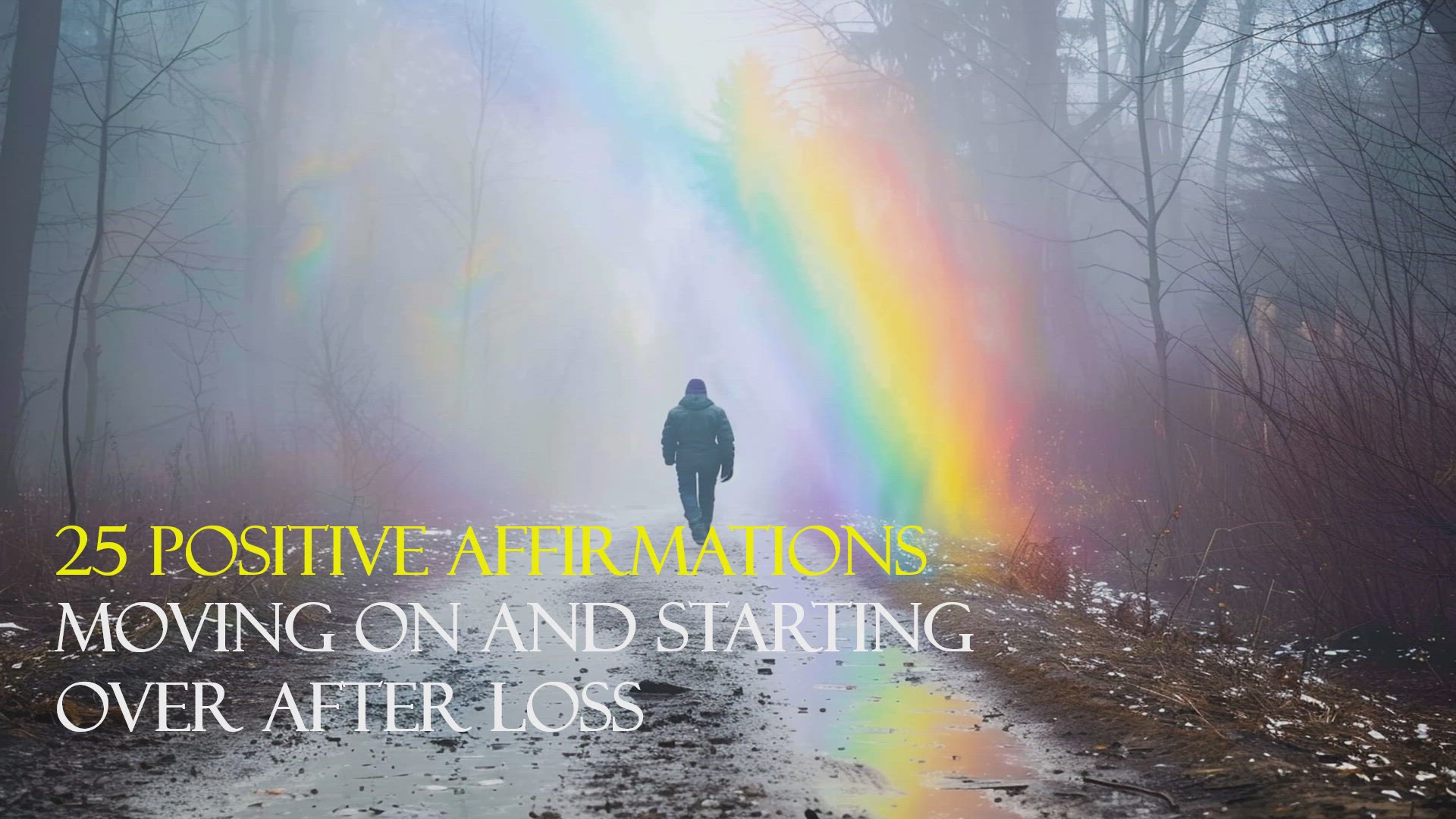
25 positive affirmations about Moving On And Starting Over After Loss.
Sep 6, 2024
Welcome to 25 positive affirmations about Moving On And Starting Over After Loss. I am open to new experiences and possibilities. I accept this loss and look forward to brighter things to come. I trust that my future holds amazing things. I am creating a
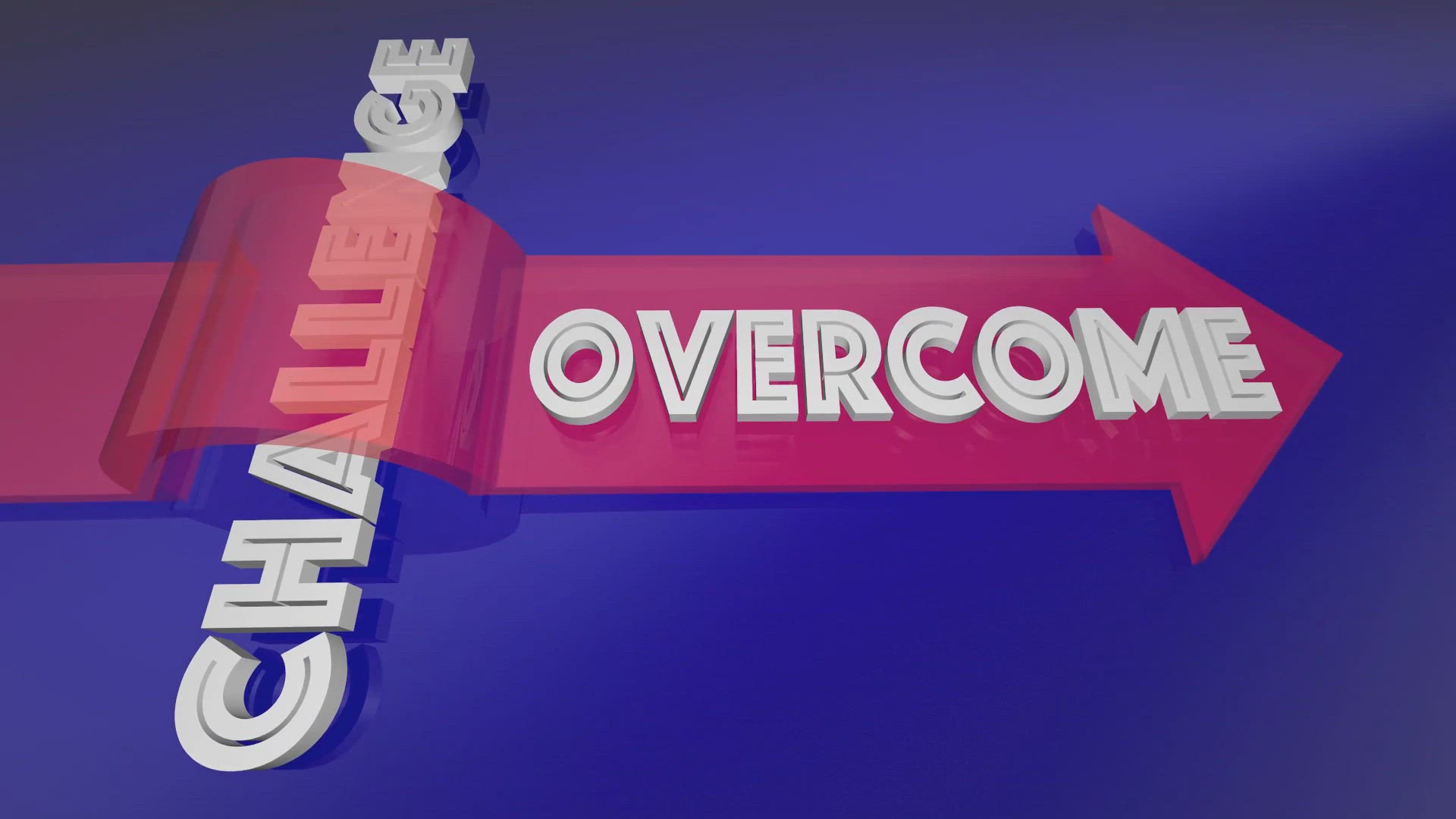
10 Key Benefits of Challenging Yourself
Oct 24, 2024
If your goal is personal empowerment challenging yourself is vital. If you want to grow, thrive and excel in life, challenging yourself is vital. Let’s review ten key benefits of challenging yourself. Challenges enable you to see your true potential. Unti
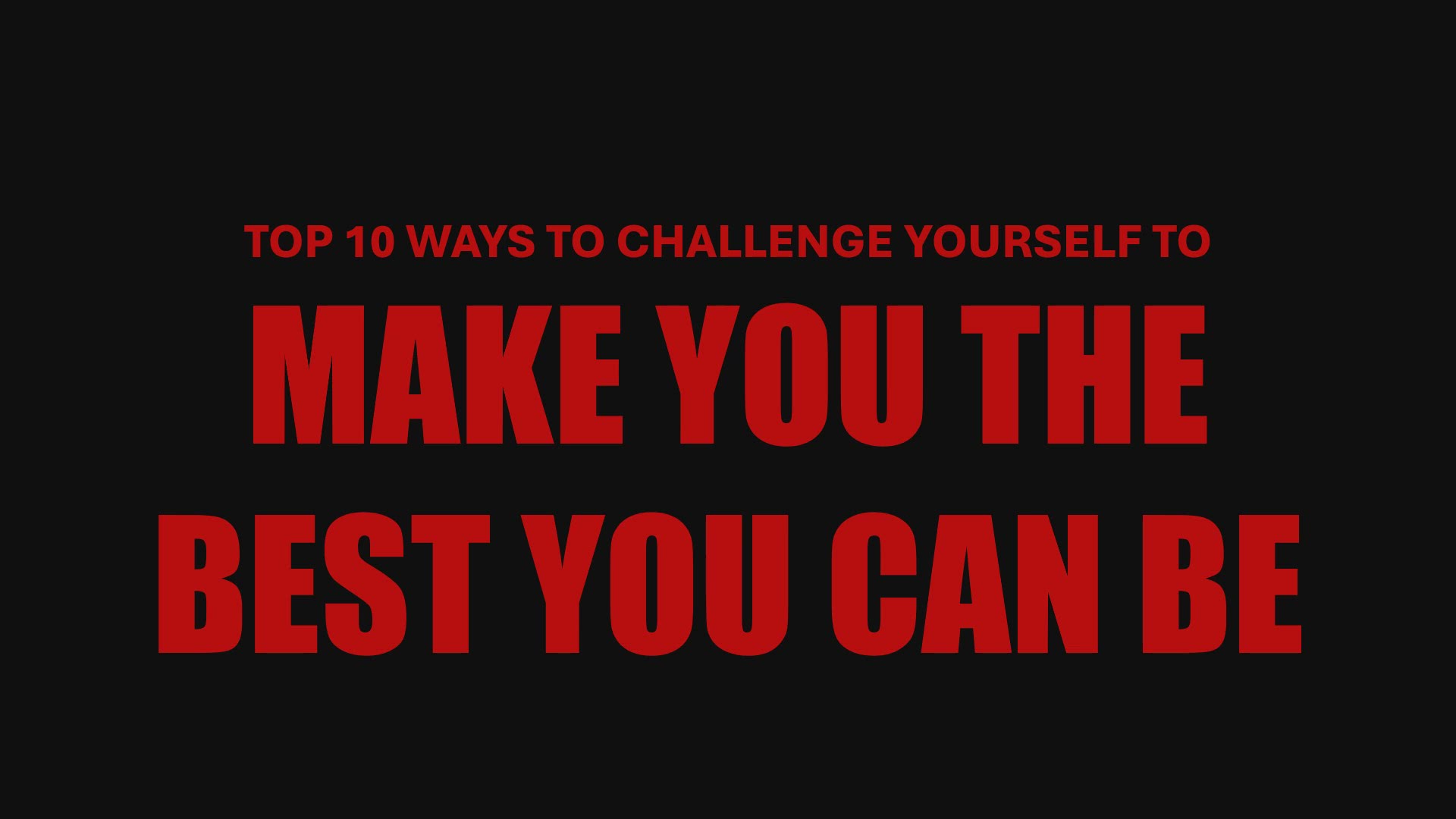
Top 10 Ways To Challenge Yourself To Make You The Best You Can Be
Oct 24, 2024
We should always strive to be a better person each day than we were the day before. You’ll need to take a journey of self-discovery to identify your specific needs. Today, we’ll look at ten challenges that can make anyone the best they can be. Conquer a

5 Ideas For Practicing Gratitude
Nov 11, 2024
Welcome to this presentation of 5 Ideas For Practicing Gratitude. Gratitude is believed to be one of the top practices to change your life. From making you happier and more optimistic to enhancing your heart health and immune functions, being grateful com

5 Ideas For Practicing Gratitude
Nov 11, 2024
Welcome to this presentation of 5 Ideas For Practicing Gratitude. Gratitude is believed to be one of the top practices to change your life. From making you happier and more optimistic to enhancing your heart health and immune functions, being grateful com

5 Ideas For Practicing Gratitude
Nov 11, 2024
Welcome to this presentation of 5 Ideas For Practicing Gratitude. Gratitude is believed to be one of the top practices to change your life. From making you happier and more optimistic to enhancing your heart health and immune functions, being grateful com
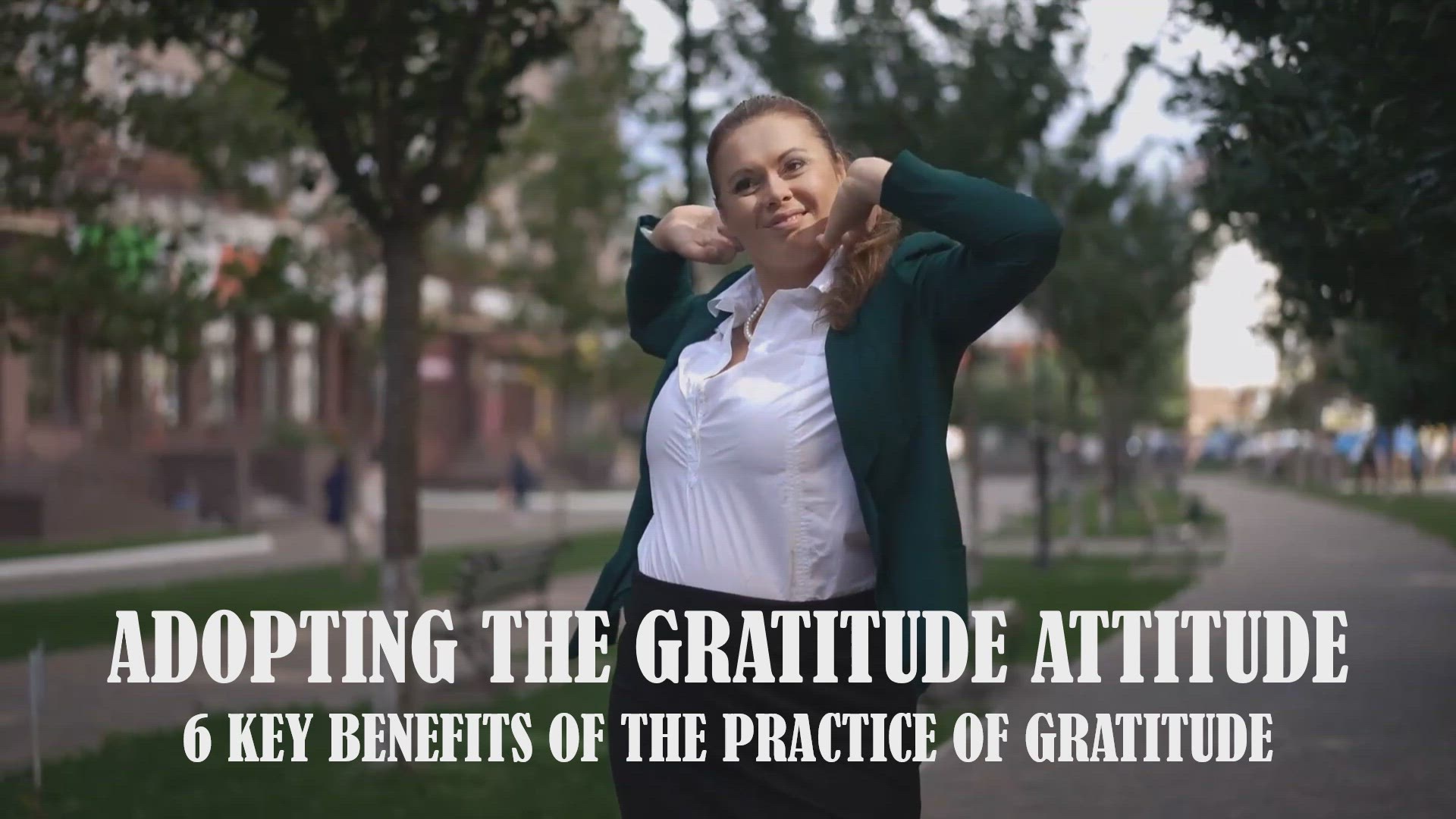
Adopting The Gratitude Attitude - 6 Key Benefits of the Practice of Gratitude
Nov 11, 2024
6 Key Benefits Of The Practice Gratitude Video Voiceover Script Welcome to this presentation of Adopting The Gratitude Attitude. 6 Key Benefits Of The Practice Of Gratitude. Practicing gratitude, or intentionally focusing on the good things in our lives
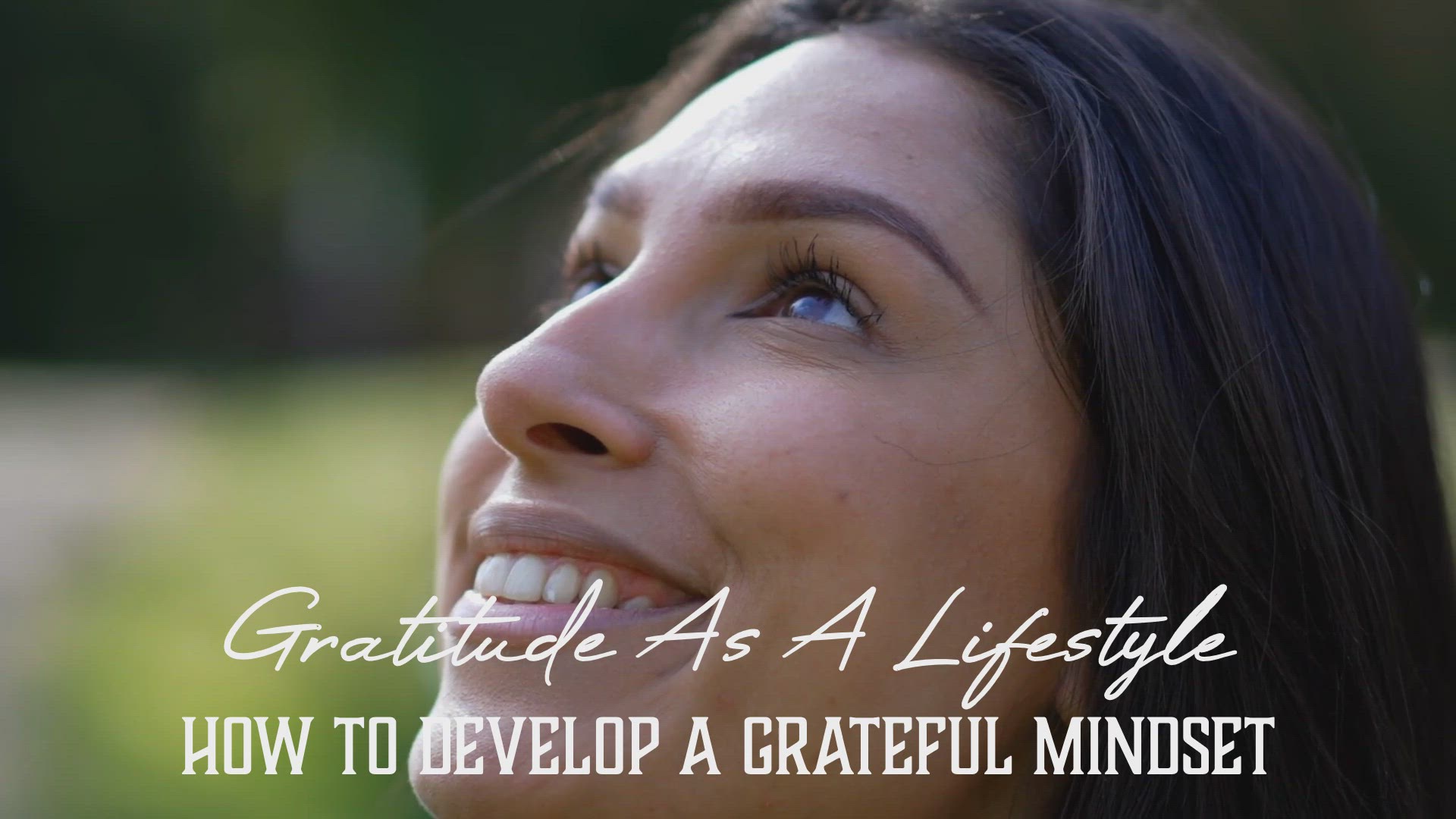
Gratitude As A Lifestyle - Developing A Grateful Mindset
Nov 13, 2024
Welcome to Gratitude As A Lifestyle. How To Develop A Grateful Mindset. I am so happy you are here. A grateful mindset is an intentional way of perceiving and interpreting life's experiences with appreciation and thankfulness. It involves recognizing valu

The Power Of Gratitude. Finding Joy In The Simple Things
Nov 13, 2024
Imagine you wake up in the morning, sunlight spilling into your room, warming your face. You hear birds chirping outside, their melodies weaving through the air like an orchestra of nature. You take a deep breath, noticing the clean, crisp scent of a new

10 Key Benefits Of Setting Goals
Jan 20, 2025
One of the best things you can do for yourself is setting goals. There are a variety of great benefits associated with setting goals besides actually achieving them. For example, consider these ten key benefits of setting goals for yourself. Setting goal

Awaken Your Inner Giant
Feb 15, 2025
It’s time to awaken your inner giant. There is a force within you. A fire that refuses to be extinguished. It has been waiting patiently through every storm, every setback, every doubt. A voice, a power, a Giant that refuses to stay silent any longer. Tod
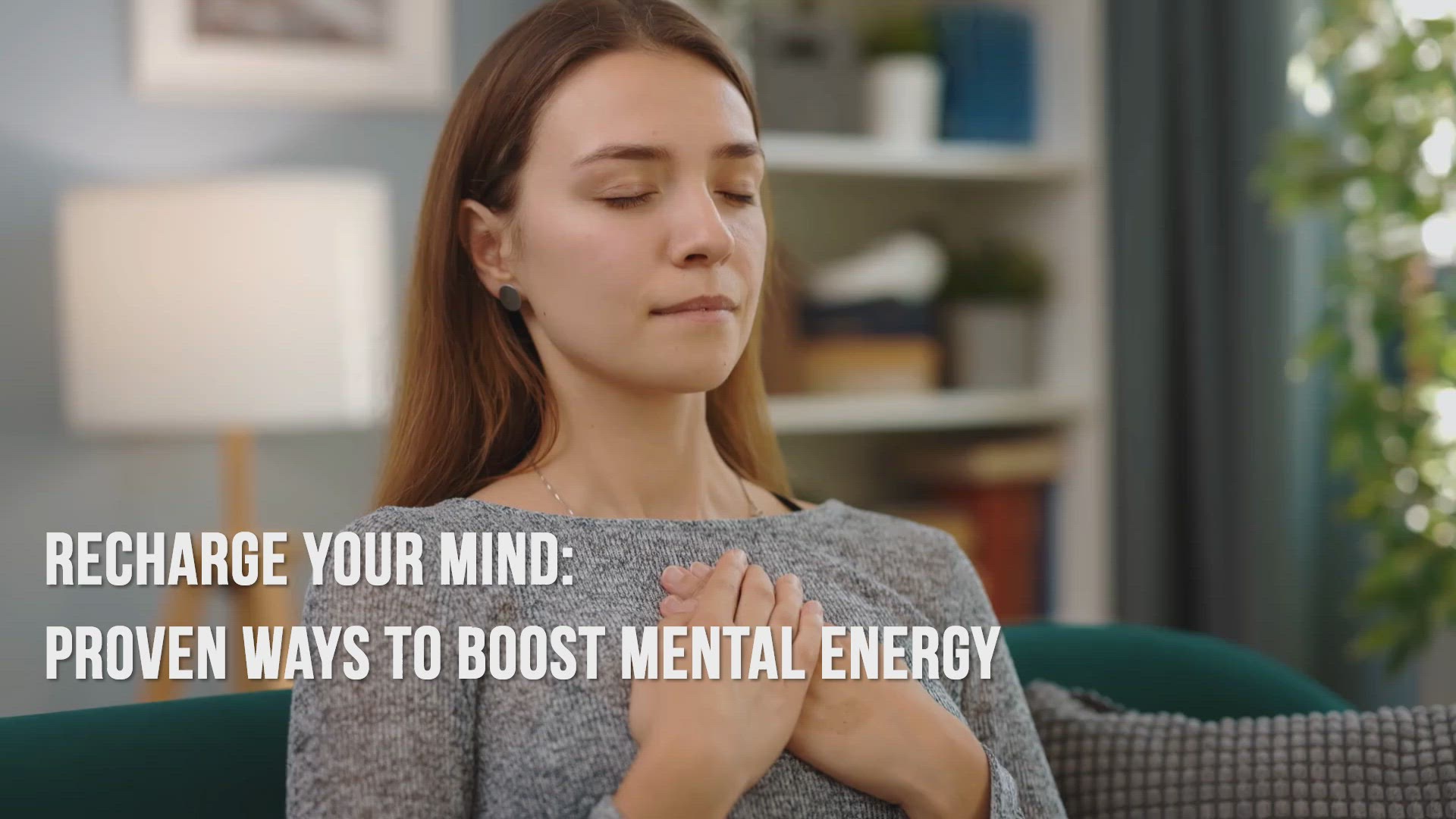
Recharge Your Mind: Proven Ways To Boost Mental Energy
Feb 16, 2025
Do you ever feel like your brain is running on empty? Maybe you wake up groggy despite getting enough sleep, or by mid-afternoon, your thoughts are sluggish, and even simple decisions feel overwhelming. Mental fatigue is real, and in today’s fast-paced wo